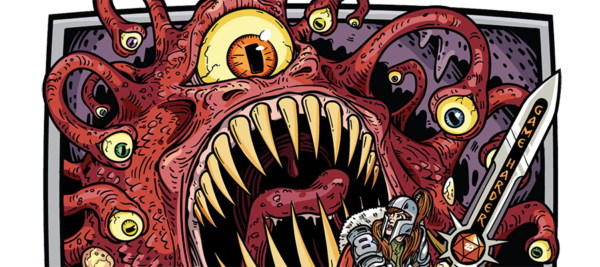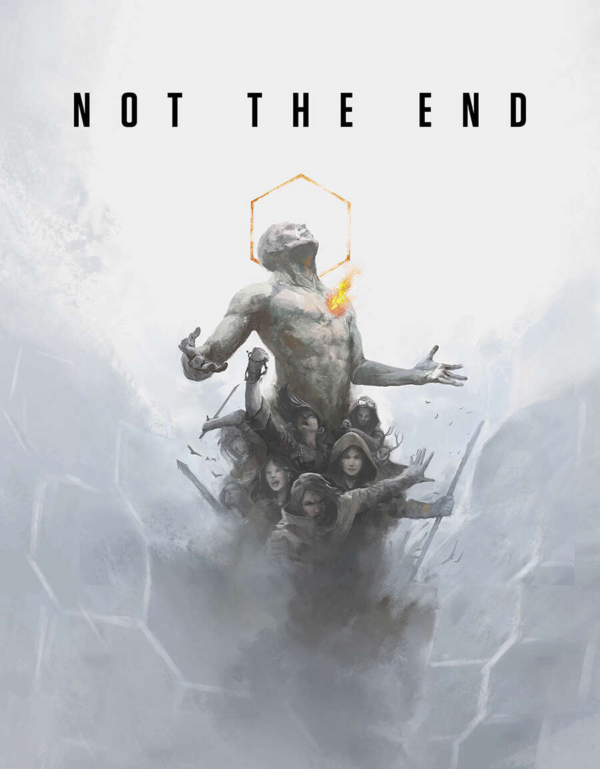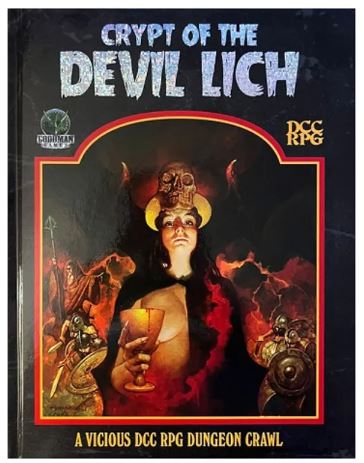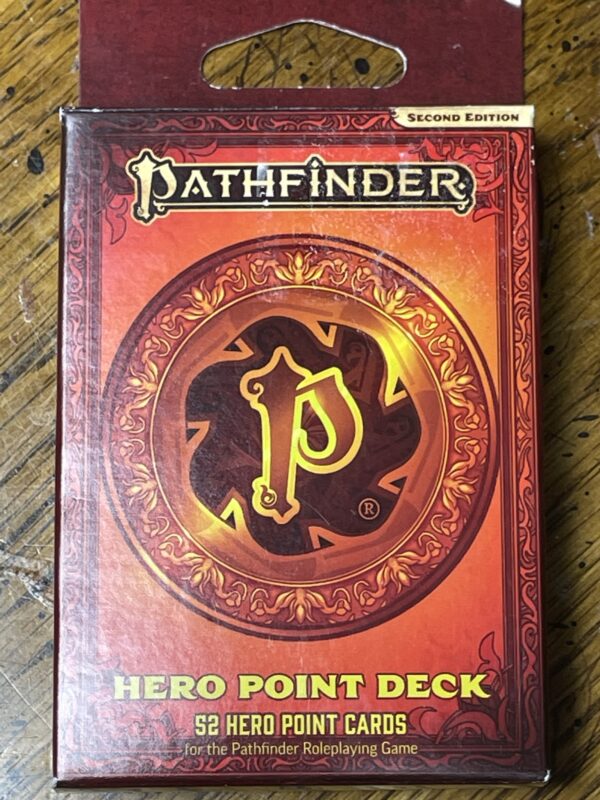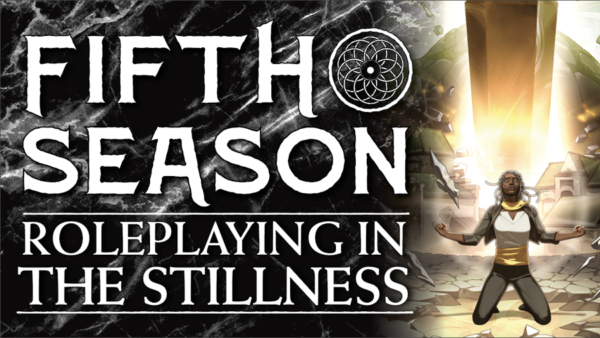

In September 2020 I wrote a column about Tolkien’s influence and how world builders are “trapped” by his influence. I was not writing with Tolkien in my sights. But now I am.
Tolkien’s List
How influential has J.R.R. Tolkien’s work been on RPGs, and is that influence a problem? I’ve made a list of some characteristics of Tolkien’s world (in no particular order):
- Characteristics of Dwarves and Elves
- Very low-magic levels of Middle-earth
- Lack of religion, of “gods” that interfere
- Impossibly long history without significant change in technology
- An overarching “dark lord”
- A single magical object that can determine overall success or failure (The Ring)
- Group quest
- “Monsters” and other detail
Dwarves and Elves
Dwarves and Elves in RPGs are usually Tolkien-like, much different than earlier folklore notions. Consider the dwarfs of the Nibelungenlied, and the small and often nefarious elves of many stories about the Fey world. This may be where Tolkien’s influence is most obvious. (If you haven’t read the older stories you might not be aware of the striking difference. It’s like the so-called “classic” pirate accent (yaarrhh) – it didn’t exist in movies before 1950’s Treasure Island and Long John Silver’s west Cornish accent.)
Low-Magic Levels
What evidently hasn’t influenced RPGs at all is the low-magic levels of Middle-earth. Magic items are just about non-existent. Spell-casters are just about non-existent. An inhabitant may hear of such things, but actually getting involved with one in any way, even just to see it, is nearly unheard of. In the USA today you’re as likely to see the President of the United States up close and personal as to see a magic-user in person in Middle-earth. Similarly, you’re more likely to see a gold bar in the USA than to see a magic item in Middle-earth.
Lack or Organized Religion
Tolkien’s lack of organized religion, and of “gods” that interfere hasn’t been an influence. Gods that manifest in the world, if only through the spells of clerics/priests, are common in RPGs, perhaps heavily influenced by D&D. Gods that interfere in the “real world” are also common from what I hear of RPG campaigns (something I don’t use myself).
Little Technological Advancement
Impossibly long history without significant change in technology. This is a big influence on literature as well as games. As an historian I recognize that this is virtually impossible. Yes, technology changed much more slowly in, say, 2500 BCE. But it did change immensely over time, and in so many games (and books) it doesn’t seem to change at all over many millennia. Heck, even the science fantasy Star Wars has very little technological change in tens of thousands of years. Having said that, my wife reminded me of the new “infernal/demonic engines” of Saruman, both at Isengard and in Hobbiton. Yet those technologies were very much frowned upon by the “good guys.”
A Dark Lord
An overarching “dark lord” threatening the world. I have never used a Sauron-equivalent in my campaigns, but I’d guess that many GMs do. This is hardly an invention of Tolkien, but Lord of the Rings could certainly have influenced many GMs. There’s no evidence as to how much, though.
A MacGuffin
A single magical object that can determine overall success or failure (The Ring). More than just a MacGuffin (“an object or device in a movie or a book that serves merely as a trigger for the plot”), it is the be-all and end-all of the entire story-arc. In LOTR it is Sauron’s lost Ring of Power, of course. Not something I’ve used (I avoid “saving the world” situations), but who knows how many others have used it? It’s more practical if the magical effect is much reduced, and the story scaled back from “saving the world” to accomplishing something worthwhile.
Was this new with Tolkien? Only an expert in pre-Tolkien fantasy fiction and myth could answer this question. What first comes to mind is the Ring in Wagner’s Nibelungenlied opera cycle, but that ring was not the overwhelming object of Power that Sauron’s Ring was. As with several of these questions, even if Tolkien was not the first, he may have been far better known than any preceding work.
A Group Quest
Group Quest. Early science fiction and fantasy was dominated by a single protagonist hero, or hero and sidekick. Tolkien’s main books depicted quests by groups of characters rather than by individuals. How much this actually influenced RPGs, I have no idea.
Archetypical Monsters
“Monsters” and other details. Apart from the characterizations of dwarves and elves, Tolkien’s influence shows in other species respects. For example, Orcs are direct transfers from LOTR, as are Hobbits (now changed to halflings). Ents (now changed to treants) are from LOTR, as are Balrogs (changed to Balor). Also, there is a “Common Tongue” in Middle-earth. This is a convenience for gaming that might have been invented by anyone, but Tolkien showed the way.
Does It Matter?
I’m not trying to gauge whether Tolkien’s influence is “bad” or not. His work certainly influences RPGs, but perhaps less than many think. Newer gamers, coming to Tolkien through the movies, may see more of his influence than older gamers do. Some GMs are certainly more influenced than others. Yet I’m not sure how any literary influence on RPGs could be “bad”, insofar as inspiration can come from anywhere, and be used for any purpose. Any game designer is free to ignore Tolkien, or not, as preferred.
Your Turn: How do you incorporate (or avoid) Tolkien’s influence in your campaigns?


